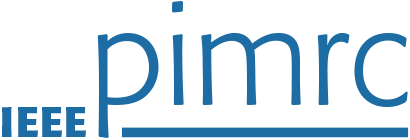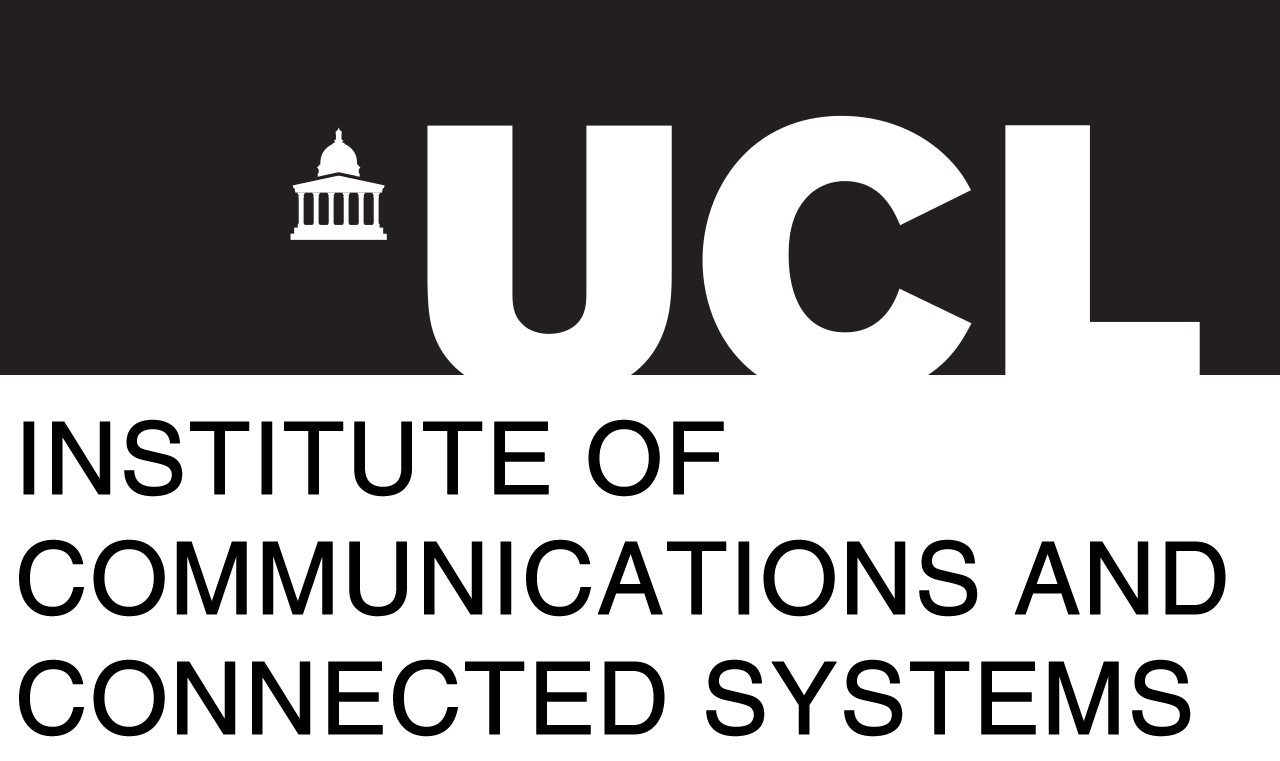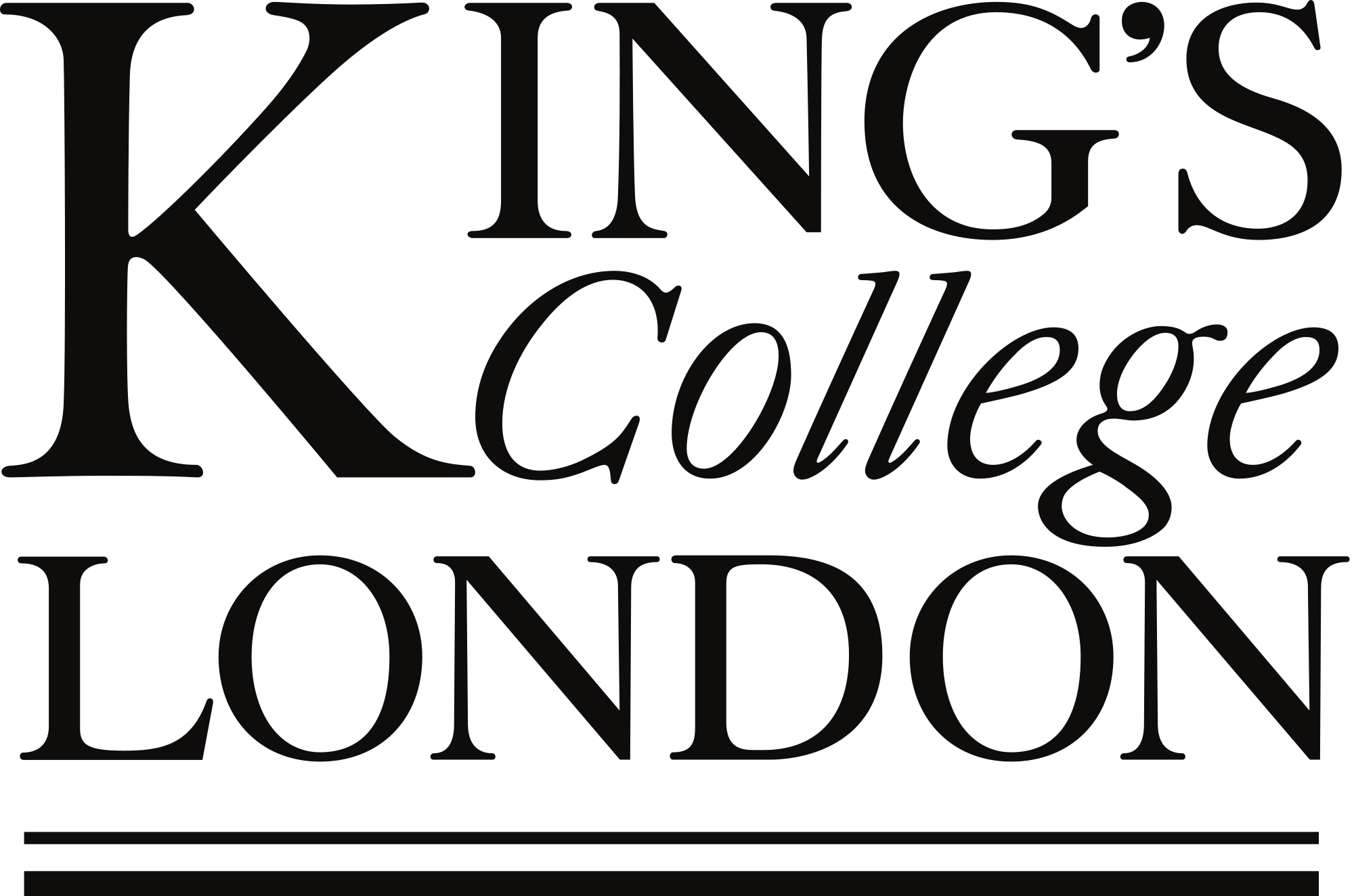Background
To meet the diverse requirements of services, users and channel conditions, 5G new radio (NR) defines a mixed ‘numerology’ orthogonal frequency division multiplexing (OFDM) waveform strategy, which can optimally select suitable waveform parameters for each scenario. 6G would witness explosive growth of services, user requirements and applications and therefore far more complex systems with extensively increased system parameters. The major challenge of the traditional numerology scheme is that a wide range of system parameters have to be jointly optimized based on services, users and channel conditions, which, in certain circumstances, would have contradicted requirements and therefore searching for the optimal system parameter combination would be intractable. This would require tremendous optimization efforts and would not be practical due to processing delay and extra control signalling overhead. In this case, the typical numerology-based strategy is no longer feasible for 6G, in which numerous emerging services will be newly defined. Therefore, it is crucial to start fundamental research on new waveform designs, which can replace the traditional orthogonal OFDM and release the burden of the traditional ‘numerology’ strategy and deal with the contradicted requirements.
Novel waveform design would introduce new requirements, contributions and innovations to next-generation wireless (radio, VLC, radio-over-fiber) and wired (fiber, twisted-pair) communications. It would also bring opportunities to waveform dependent applications such as healthcare and security. The aim of this workshop is to provide a forum for recent research achievements on topics relevant to novel waveform design for next generation wireless, wired communications and emerging applications. Topics of interest include, but are not limited to:
- Non-orthogonal inspired waveform
- Multi-carrier/single carrier waveform
- Coexistence of new waveform and existing waveform
- Interference analysis and cancellation
- Machine learning/deep learning for waveform
- Wireless and wired systems for new waveforms
- Channel estimation and compensation
- Advanced precoding for new waveforms
- Novel waveform for medical applications
- Novel waveform for physical layer security/encryption
- Novel waveform for underwater communications
- Novel waveform for satellite communications
- Novel waveform for IoT
- MIMO with waveform
- Channel coding with waveform
- Advanced modulation schemes
- Testbed and prototype implementation
Agenda
Opening from session organisers
Technical presentations
- “On the Performance of Soft LLR-based Decoding in Time-Frequency Interleaved Coded GFDM Systems” Francesco Linsalata and Maurizio Magarini (Politecnico di Milano, Italy)
- “Non-Orthogonal Waveform (NOW) for 5G Evolution and 6G” Juan Liu and Wenjia Liu (DOCOMO Beijing Communications Laboratories Co., Ltd., China); Xiaolin Hou (DOCOMO Beijing Communications Laboratories Co., Ltd, China); Yoshihisa Kishiyama (NTT DOCOMO, INC., Japan); Lan Chen (DOCOMO Beijing Communications Laboratories Co., Ltd., China); Takahiro Asai (NTT DOCOMO, Inc., Japan)
- “Alignment Signal Aided CP-Free SEFDM” Bo Sun (Tampere University, Finland); Waseem Hazim Ozan Ozan (University College London, United Kingdom (Great Britain)); Toni A Levanen, Bo Tan and Markku K. Renfors (Tampere University, Finland); Izzat Darwazeh (University College London, United Kingdom (Great Britain)); Mikko Valkama (Tampere University, Finland)
- “Orthogonal Frequency Division Multiplexing with Subcarrier Gap Modulation” Ahmad Jaradat and Jehad Hamamreh (Istanbul Medipol University, Turkey); Huseyin Arslan (University of South Florida & Istanbul Medipol University, USA)
Organizers:
- Izzat Darwazeh, University College London
- Tongyang Xu, University College London





